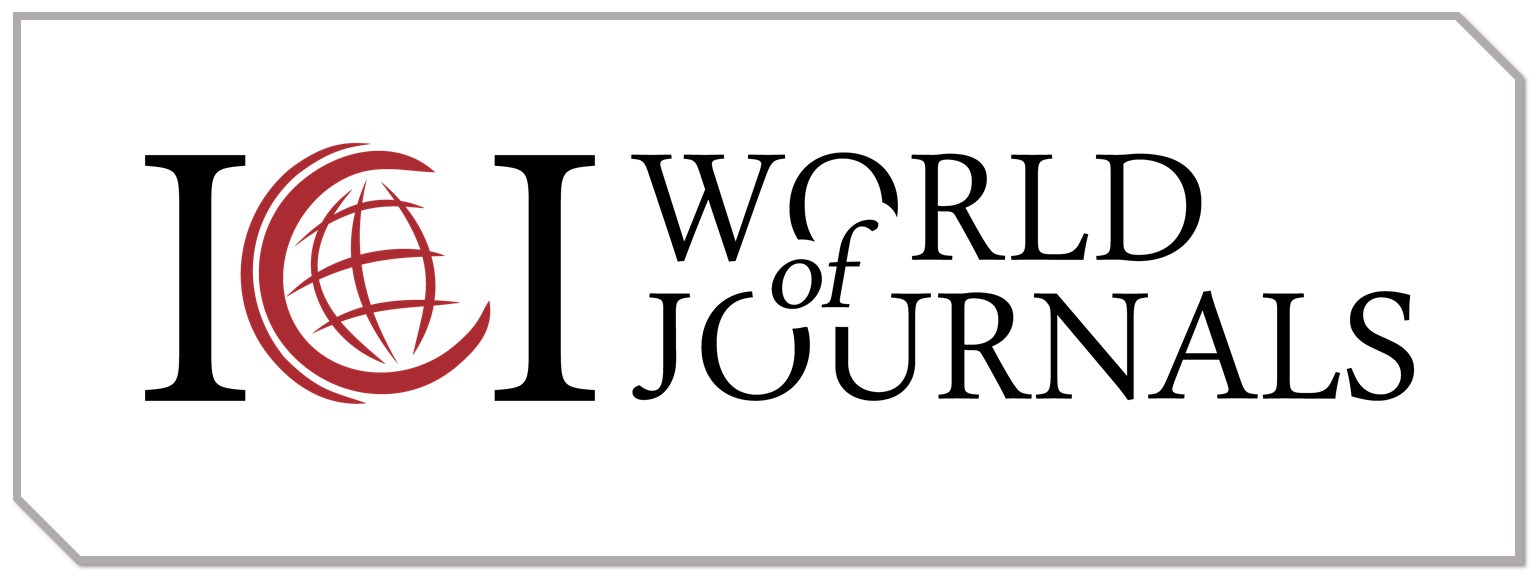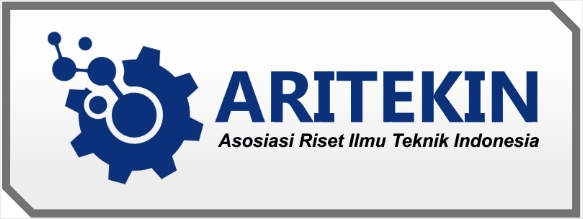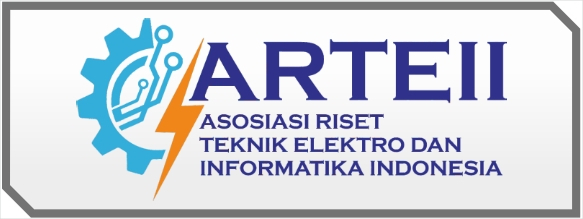Klasterisasi Kesiapan Digital Daerah
Studi Kasus Indeks SPBE di Jawa Barat, Indonesia
DOI:
https://doi.org/10.55606/juitik.v5i1.979Keywords:
Agglomerative Clustering, clustering, DBSCAN, K-Means, SPBE, digital transformationAbstract
Public sector digital transformation requires a deep understanding of the digital readiness of each administrative region. The Electronic Government System (EGIS) Index is used by the Government of Indonesia as a measuring tool to assess the digital maturity of government agencies. This study aims to cluster districts/cities in West Java Province based on their 2023 EGIS scores to identify hidden patterns of digital readiness. Three unsupervised learning algorithms—K-Means, DBSCAN, and Agglomerative Clustering—are used to explore data-driven regional segmentation. The analyzed dataset includes 27 administrative regions and a number of numerical features related to the EGIS dimensions. The results show that each method is able to form clusters that reflect variations in digital readiness, with DBSCAN producing the most detailed segmentation and being able to detect outliers. Agglomerative Clustering shows good hierarchical separation, while K-Means provides a fairly representative general division. This study provides an analytical basis for contextual and targeted cluster-based policy making in developing regional digital transformation.
References
Al-Sharafi, M. A., Arshah, R. A., Abu-Shanab, E., & Alajmi, Q. (2020). Digital transformation in the public sector: A systematic literature review. IEEE Access, 8, 21279-21293. https://doi.org/10.1109/ACCESS.2020.2964214
Kementerian PANRB. (2021). Peraturan Menteri PANRB No. 59 Tahun 2020 tentang Pemantauan dan Evaluasi Sistem Pemerintahan Berbasis Elektronik.
Nugroho, R., & Subekti, R. (2022). Evaluasi Indeks SPBE di Pemerintah Daerah: Analisis Tantangan dan Strategi Peningkatan. Jurnal Transformasi Digital Pemerintahan, 2(1), 15-27.
Bhuyan, M. K., Bhowmick, P., & Roy, S. S. (2021). A survey of clustering techniques in smart city applications. Artificial Intelligence Review, 54(3), 2257–2284. https://doi.org/10.1007/s10462-020-09839-1
Hermawan, R., Nugroho, H., & Putri, I. A. (2022). Disparitas Kesiapan Pemerintah Daerah dalam Implementasi SPBE di Indonesia. Jurnal Administrasi Digital, 1(2), 45–58.
Kankanhalli, A., Charalabidis, Y., & Mellouli, S. (2021). Digital transformation in governments: A review of public sector research. Government Information Quarterly, 38(1), 101398. https://doi.org/10.1016/j.giq.2020.101398
Kementerian PANRB. (2021). Indeks SPBE Nasional 2021.
OECD. (2020). Digital Government Index: 2019 Results. OECD Publishing. https://doi.org/10.1787/4de9f5bb-en
United Nations. (2022). UN E-Government Survey 2022: The Future of Digital Government.
Wahab, S., Roslan, A., & Hussin, N. (2020). Clustering countries by e-government readiness using K-means algorithm. Journal of Theoretical and Applied Information Technology, 98(11), 2133–2142.
Wibowo, H., & Utomo, R. (2021). Analisis Peran SPBE dalam Peningkatan Kualitas Layanan Publik Pemerintah Daerah. Jurnal Transformasi Digital Pemerintahan, 2(2), 65–78.
Zuiderwijk, A., Chen, Y. C., & Salem, F. (2021). Implications of the use of artificial intelligence in public governance: A systematic literature review and a research agenda. Government Information Quarterly, 38(3), 101577. https://doi.org/10.1016/j.giq.2021.101577
Downloads
Published
How to Cite
Issue
Section
License
Copyright (c) 2025 Jurnal Ilmiah Teknik Informatika dan Komunikasi

This work is licensed under a Creative Commons Attribution-ShareAlike 4.0 International License.




















